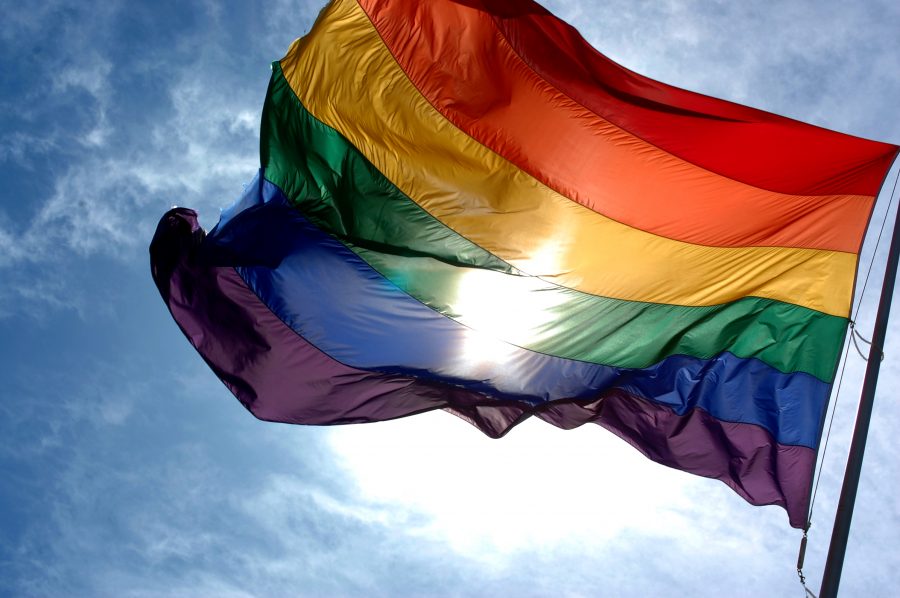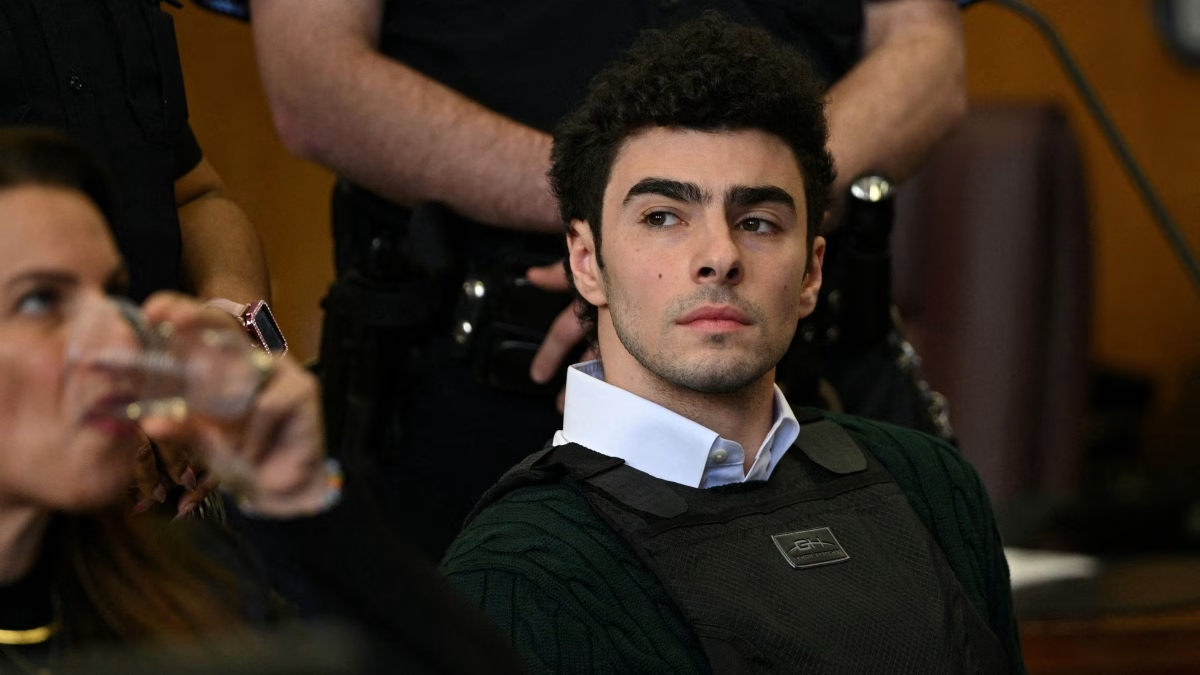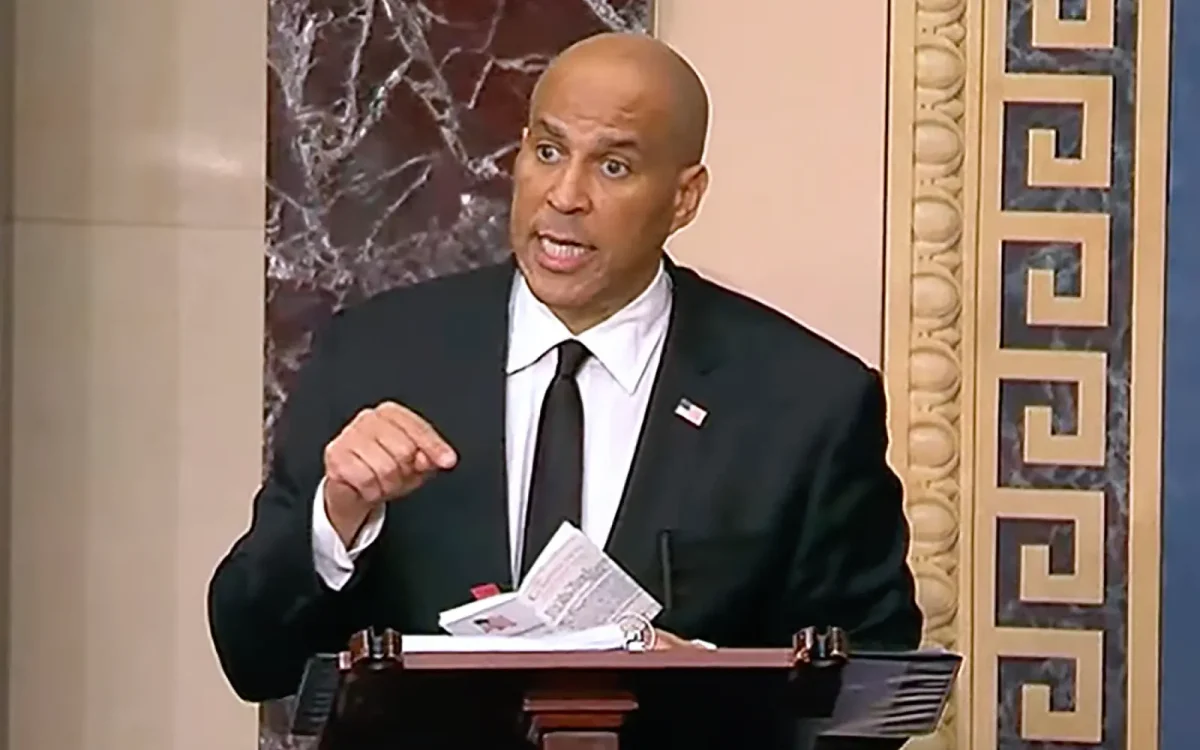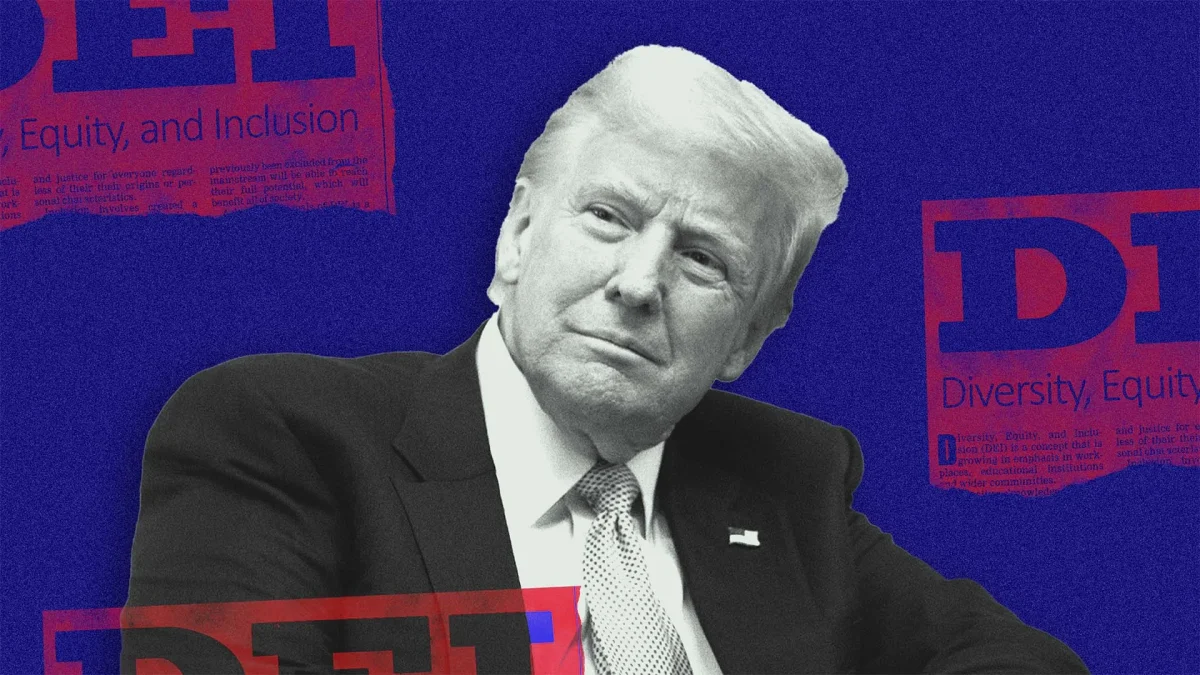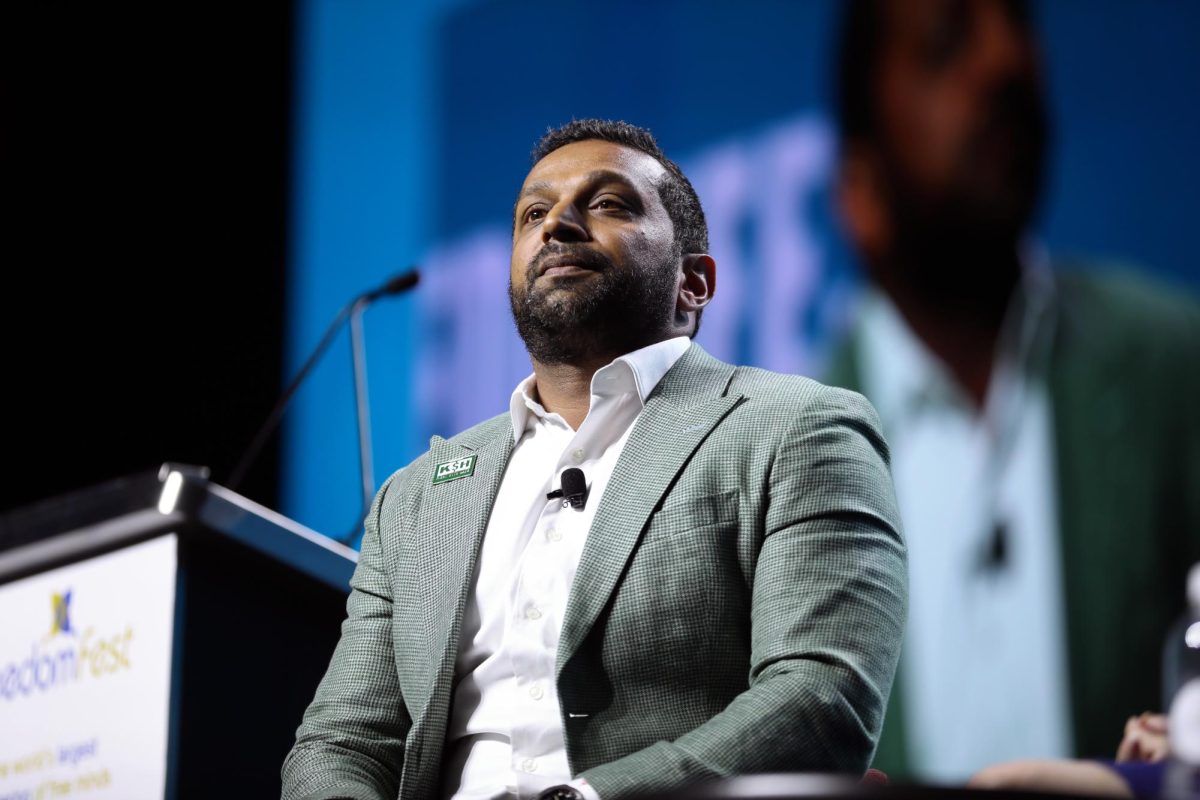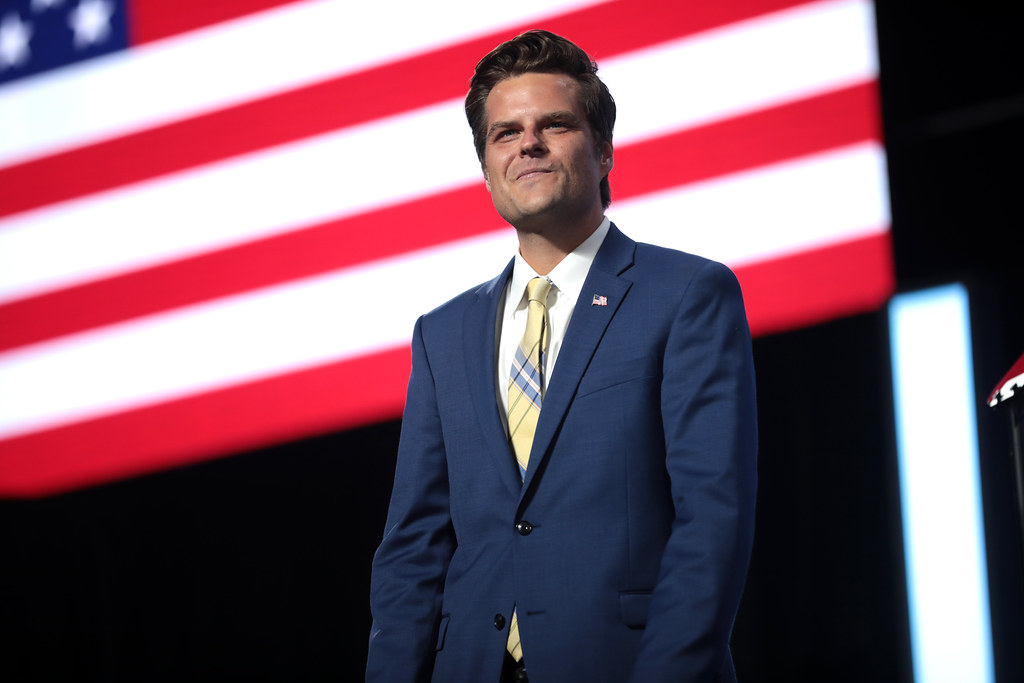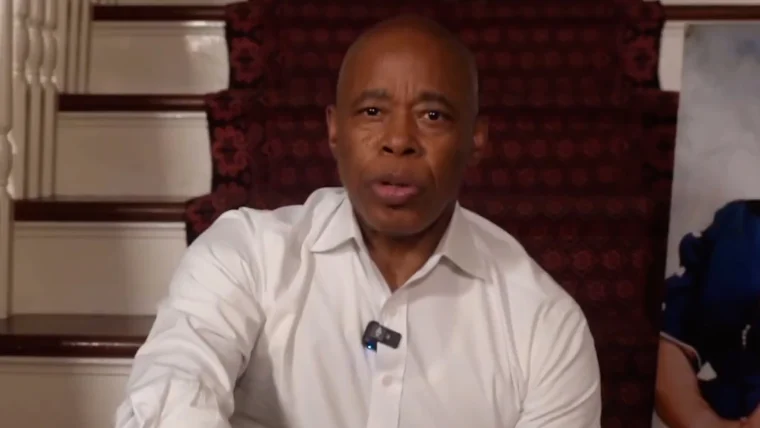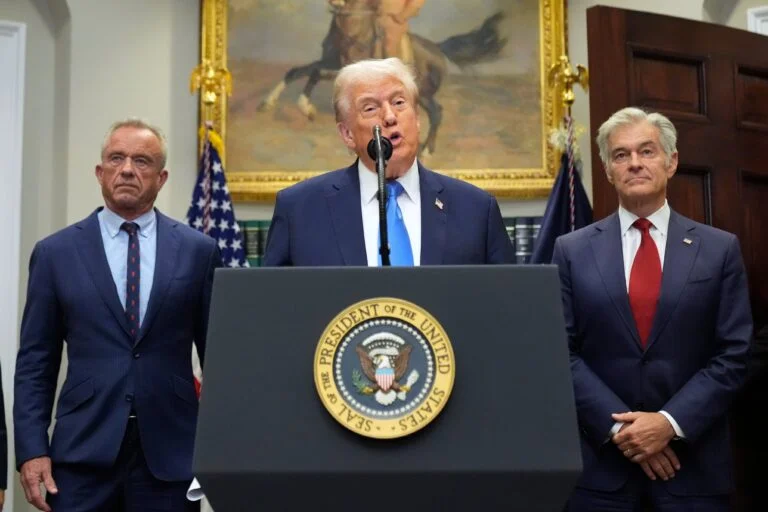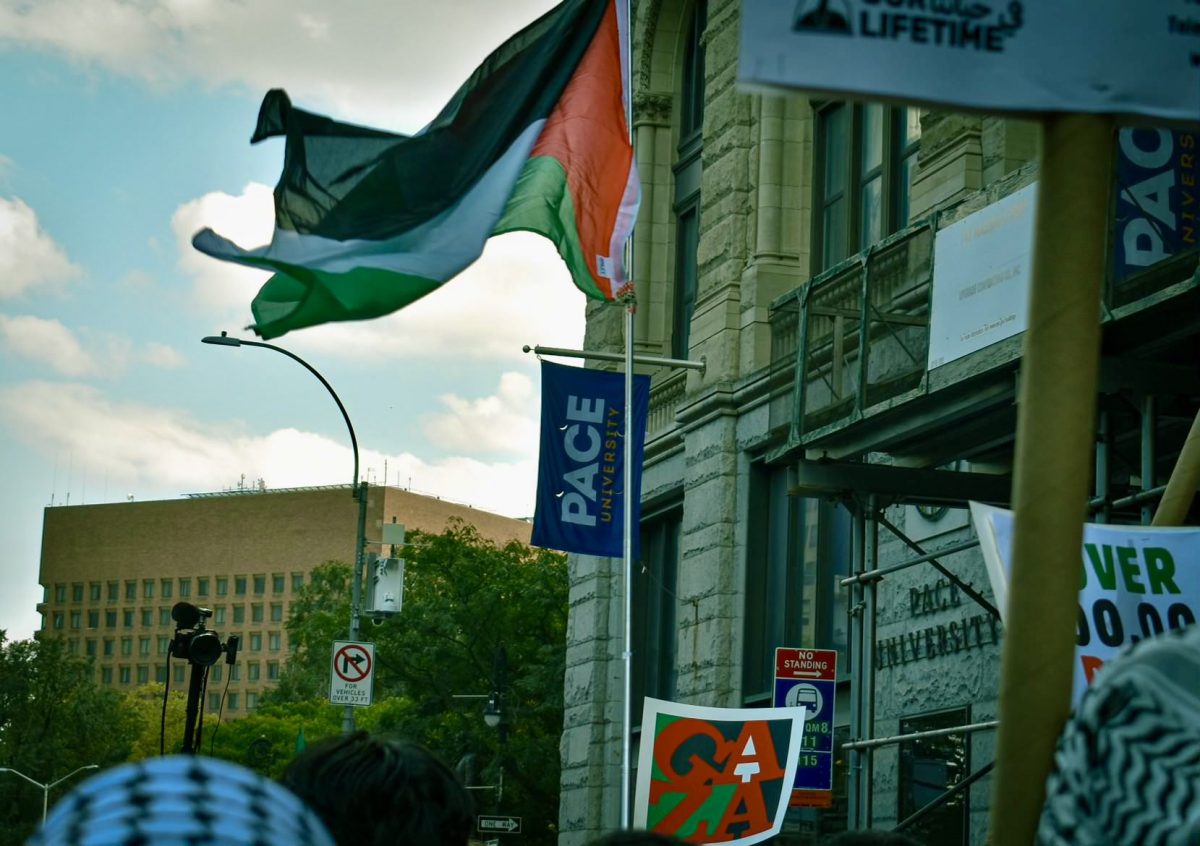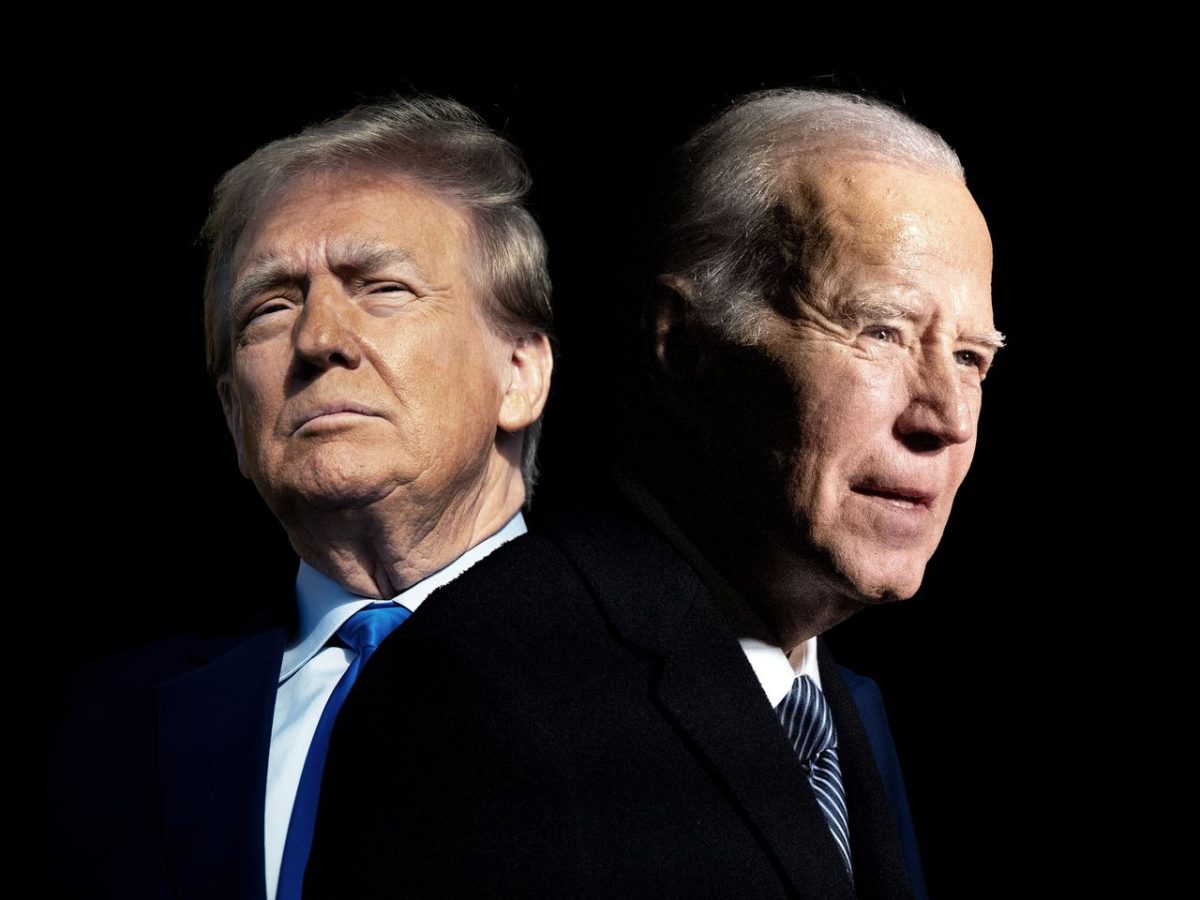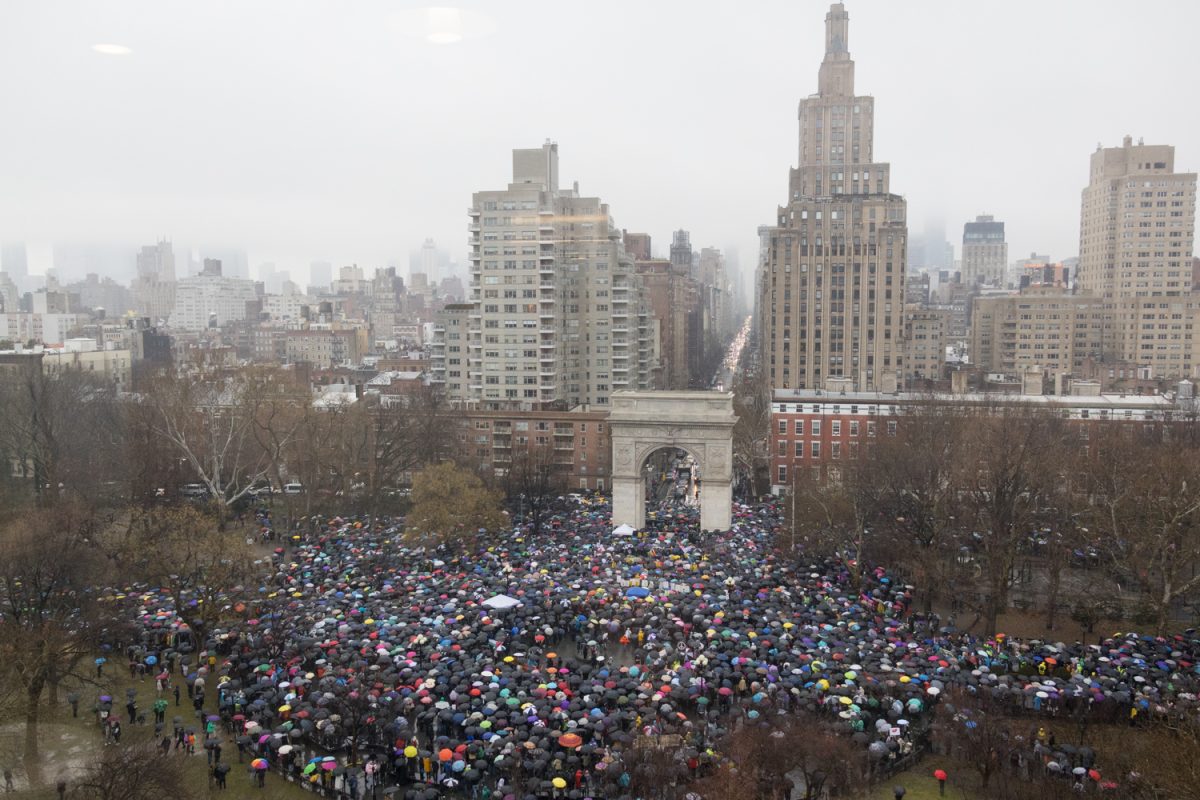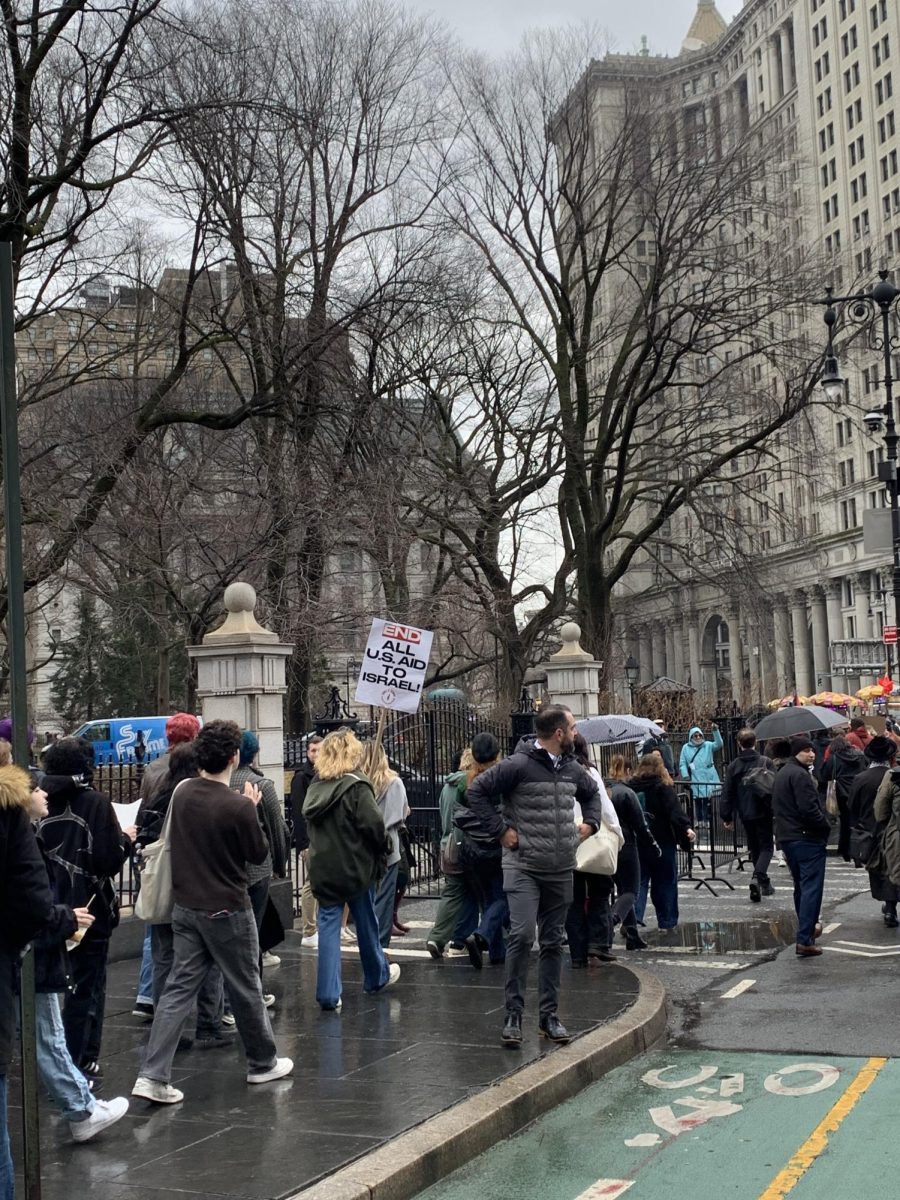Coinciding with National Coming Out Day, CNN and the Human Rights Campaign hosted a Democratic presidential town hall that focused on the nationwide issues relating to the future of LGBTQ America. While these 2020 Democratic presidential candidates collectively agreed with equal opportunity and less discrimination against citizens who identify as LGBTQ, each focused on specific issues that they will rectify if elected president.
Tom Steyer, a billionaire hedge fund manager, took the time to point out the wrongdoings of President Donald Trump in regard to LGBTQ rights. Claiming that the president “breaks the basic laws of humanity” when implementing a ban on transgender military people and not granting visas for same-sex partners, he says that undoing these bans are a priority of his if elected. Steyer calls those who don’t understand the discrimination of LGBTQ individuals “stone-hearted,” as they fail to recognize the protection, equality, and justice that all Americans deserve. Stunned to learn that half of transgender youth attempt suicide, his concern about mental health problems and high suicide rates among those within the LGBTQ community was Steyer’s main focus. When asked if he would put strong measures in place to increase oversight over health care access to LGBTQ asylum seekers, Steyer confidently responded, “Of course.”
N.J. Sen. Cory Booker called violence against the LGBTQ community a “national emergency.” Known to be a strong, outspoken advocate for same-sex marriage, Booker is passionate about the equality of all of the American minorities and proposes an “Office on Hate Crimes and White Supremacy” under his administration. Similar to Steyer, Booker plans to end “ridiculous, insulting, un-American ban on transgender Americans serving in the military.”
Indiana Mayor Pete Buttigieg seems to have won over a vast number of democratic voters as he uses this platform to share his personal stories as a gay man. As he weighed in heavily on the federal ban on gay men giving blood, Buttigieg pointed out the intersectional dynamics that affect marginalized people within the health care system and how he plans to implement his specific solution. “This was the Pete Buttigieg many LGBTQ people have been waiting for,” says Vox writer Katelyn Burns, focusing on how Buttigieg’s comfort and ease showcased his strength and passion when it comes to politics focused on intersecting identities like race and queerness.
Back in 2017 when Calif. Sen. Kamala Harris first announced her democratic candidacy, she was favored amongst LGBTQ voters. She has supported briefs arguing that transgender people should be allowed to use the public restroom consistent with their gender identity, refused to certify a “Kill the Gays” ballot initiative, and even officiated at the ceremony of the first same-sex wedding after the ruling of same-sex marriage in Calif. As she has already made remarkable attempts and success in declining LGBTQ discrimination, Harris focuses her time during the Town Hall to discuss the HIV/AIDS issue in America. She says that awareness and prevention is a priority of hers if elected, sharing a personal story with the audience about how she learned of the virus’ impact from her first campaign manager.
Sen. Elizabeth Warren from Mass. immediately takes back a claim she made in 2012 against using taxpayer dollars to fund a transgender inmate’s gender confirmation surgery. “She’s been openly supportive of measures and policies that protect my rights as an LGBTQA American and she is very in touch with that part of her constituency,” says University sophomore and Queerleader Olivia Laliberte. “I think she’s bringing that same energy and mentality to her presidential campaign right now.” Brandon Tensley, writer for CNN, refers to Warren as a “gay icon,” despite her 2012 claim and heterosexual and cis-gendered female status. Her rise in popularity amongst LGBTQ voters could relate to a booth at RuPaul’s Drag Con in September and an appearance at the Mass. Pride Parade this past June, showing her willingness to meet LGBTQ voters where they are and on their terms. Once seen as an underdog candidate, her biggest rival in terms of LGBTQ support would be Buttigieg, who comments, “Her pitch has a lot more to do with fighting,” rather than his empathetic approach and status as a gay man.
Former Texas Congressman Beto O’Rourke quickly grabbed the approval of the audience as he received loud applause when he said he would support revoking the tax-exempt status of religious institutions—colleges, churches, and charities—if they opposed same-sex marriage. This marks the first time a Democratic presidential candidate has overtly endorsed stripping the tax-exempt status of religious organizations that hold conservative views about marriage and sexuality. He also touched upon the practice of conversion therapy that is still used in America to change the sexual orientation of those who do not identify as heterosexual. Connecting this practice to the growing homeless youth population in America, O’Rouke wants to implement a penalty that is “steep enough to dissuade anybody from entering into this practice or being able to torture kids with the kind of impunity.”
Sen. Amy Klobuchar of Minn. agreed with O’Rourke’s plan to ban gay conversion therapy, saying that conversion therapy “makes no sense at all.” Aside from this claim, her only other relation to LGBTQ rights is as one of the 46 senators to introduce the Equality Act of 2017. LGBTQ supporters and potential voters have protested that they would like to see more activism from Klobuchar and involvement in LGBTQ issues and possibly events.
Housing and Urban Development Sec. Julián Castro vows to tie foreign aid and LGBTQ rights in other countries if elected president. This means that if his plan is implemented there could be possible cuts in foreign aid to several countries that have long received American money for a number of reasons. Castro says that the United States needs to stand up for human rights, which includes making foreign aid contingent on those rights.
Former Vice President Joe Biden was seen as the “loser” of the town hall event according to viewers. While he has improved his performance since his last LGBTQ presidential forum when he belittled a female audience member, he still often rambled about his support for the LGBTQ community during the Obama administration. Christina Cauterucci, writer for The Slate, even went as far as to call Biden out for putting up a front and acting as if he were gay. She saw his “coming out” joke as distasteful, hilariously off tone and even strained.
“I was a huge fan of Biden as vice president under the Obama Administration. But now that he’s on his own, he continuously proves to voters that he may just be winging it,” says University sophomore Dania Mohtadi. Aside from uncomfortable commentary, when Biden discussed his opposition of “don’t ask, don’t tell,” he missed the opportunity to include how military spending could undo the current transgender military ban. Instead of making his answers reflect the possible future for LGBTQ America if elected, he tried to show off how much he knew about the community and how he supported it back in 2012.


